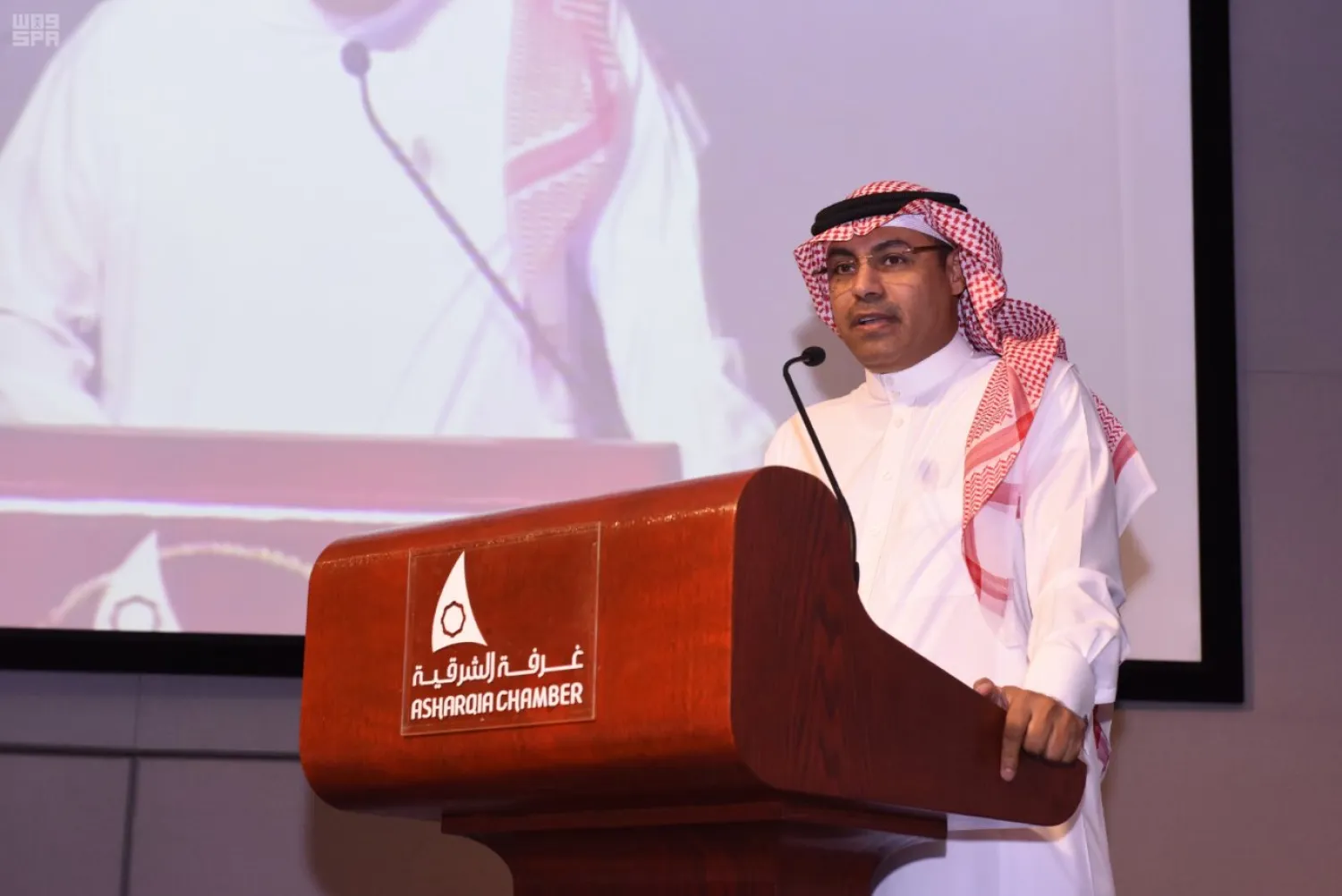Saudi Aramco officials and experts confirmed that Saudi Arabia boasts huge technical investment opportunities that will create a new industrial revolution that will see the introduction of 11,000 robots that will carry out highly sensitive industrial and technical tasks.
They added that the market for industrial technology and applications will be worth billions of dollars in 2025.
Aramco made the announcement during a meeting at the Eastern Province Chamber of Commerce symposium on the "4th Industrial Revolution and IKTVA support".
Aramco's technical experts said there are several opportunities in this sector given the low number of workers in this field. They explained that Saudi Arabia is seeking to normalize cloud services, a mission that requires several technicians, which will open up real opportunities for Saudis.
The new industrial revolution in the field of technology will lead to the introduction of 11,000 robots in Saudi society. They will be tasked with carrying out highly sensitive industrial and technical tasks, stressed Aramco control and operations department member Mohammed Abu Sharifa.
In addition, he said that the market for mobile solutions and advanced analytics will reach $1.5 billion by 2025. He also highlighted real opportunities in 3D printing, high-performance computing, and the number of robots and drones that will take on important services in industry, transportation and exploration.
Saudi Aramco's manager for industrial development and strategic supply, Abdullah al-Thaali, explained at the conference that Saudi Aramco's localization initiative, IKTVA, has acted as an incubator for localization investments, especially for small and medium enterprises.
He said that since its launch, IKTVA has achieved an average of 45 percent localization success rate.
Saudi Aramco reviewed the digital platform, SABB Arabia, for the registration of domestic and foreign companies, which is expanding its services to a number of major Saudi companies, such as SABIC, Marafiq, Sadara, and Satorp and al-Bahri.
Aramco officials said the platform will be expanded over the coming stages to include government institutions and, later, the Arabian Gulf region, in a move aimed at embracing new technologies and creating a unified platform for business development and sustainability.
The platform allows industrial companies or construction companies to offer their potential to enter the supply chain of various projects, with IKTVA alone providing investment opportunities estimated at $1.5 billion.
Ahmed al-Falih, of Aramco's Adaptation Program said that IKTVA, raised the level of the local product to about 45 percent in 2017.
He pointed out that IKTVA increased local purchase to 50 percent in 2017, the highest rate achieved in the history of Saudi Aramco. He added that the program has become a major requirement for business with Saudi Aramco and the company is keen to encourage its suppliers to invest in its future investment plans, which amount to about SR140 billion annually.
Meanwhile, IT and digital transformation officials at Aramco discussed investment opportunities in the local market, stressing that the Middle East's e-security market would grow to reach $55 billion by 2022.
In-Kingdom Total Value Add (IKTVA) is one of the leading models in Vision 2030. It aims to achieve 70 percent of local content in industry and services in the energy sector by 2021. The program reinforces Aramco's quest to develop an accessible global supply and supply system with a high degree of reliability and an advanced level of innovation to achieve its strategic goal of becoming the world's leading and integrated energy and chemical company.









